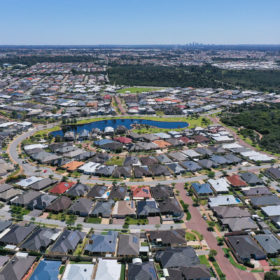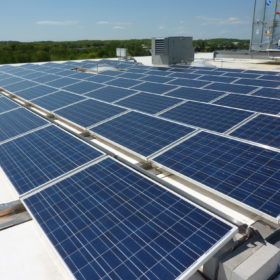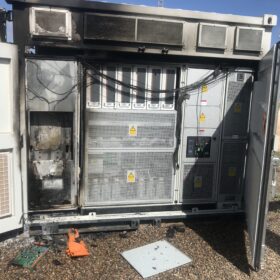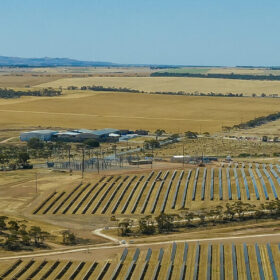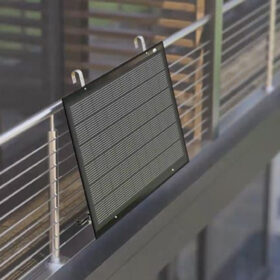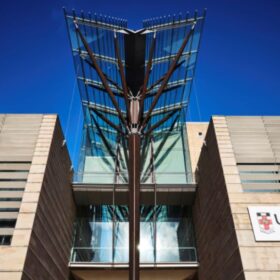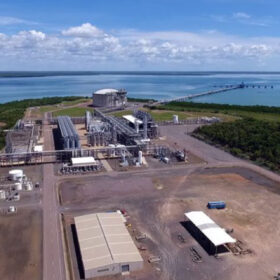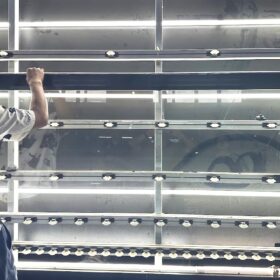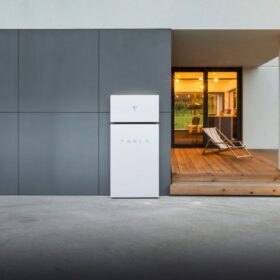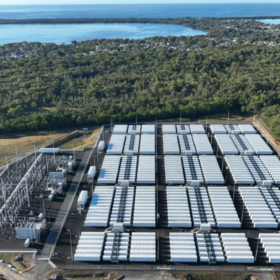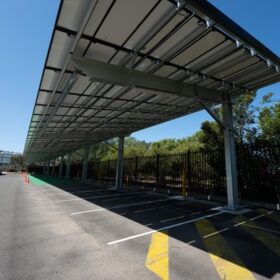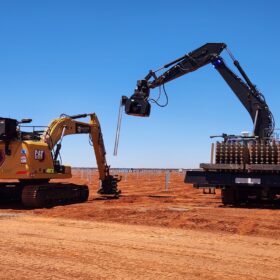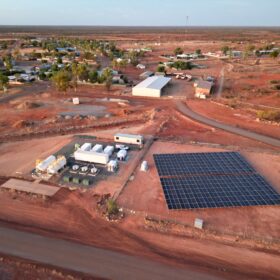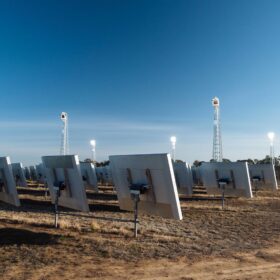ClearVue scores commercial first with solar glass tech
Western Australian solar window company ClearVue Technologies has launched its commercial campaign in Australia with an order to provide its clear solar glass technology for a $12 million, six-storey building being built in Victorian state capital Melbourne.
As Australia’s net zero transition threatens to stall, rooftop solar could help provide the power we need
Distributed energy resources (DERs), sometimes called “consumer energy resources”, like rooftop PV and residential batteries, have a big role to play in Australia’s energy transition. This is even more true as major infrastructure faces challenges in winning community acceptance and gaining the required approvals. But how best to manage expanding DERs? A team of UNSW researchers including Anna Bruce, Baran Yildiz, Dani Alexander, and Mike Roberts set out the challenges and opportunities.
Commercial systems support record rooftop solar installs
A record 921 MW of PV was installed across Australian rooftops in the final quarter of 2023, taking new rooftop solar capacity to about 3.17 GW for all of last year, second only to the 3.23 GW total rolled out in 2021.
Worker injured in fire at South Australian solar farm
A worker is being treated in hospital for burns and police are investigating after an inverter burst into flames at the 30 MW Mannum Stage 2 solar farm being developed near the town of the same name in South Australia’s Riverland region.
Epic adds big battery to complement South Australian solar
Epic Energy has added a large-scale battery energy storage project to its growing portfolio of renewable energy infrastructure assets with the 100 MW / 200 MWh facility to sit alongside the company’s two solar farms at Mannum in South Australia.
Italian startup unveils 350 W balcony TOPCon solar modules
Fly Solartech Solutions Srl’s new 60-cell modules have a power conversion efficiency of 17.87% and a temperature coefficient of -0.27% per degree Celsius. The company offers the panels with 300 W, CEI-021-certified microinverters featuring 96.5% peak efficiency.
UNSW researchers solve aqueous rechargeable zinc battery challenge
Researchers from The University of New South Wales have developed a “scalable solution” they say overcomes the rechargeability challenges associated with aqueous zinc battery technology, potentially redefining energy storage for homes and grids.
Darwin solar-power green hydrogen plant secures major project status
French renewables developer TE H2’s ambition to be an early mover in Australia’s giga-scale renewable energy generation and hydrogen production industry has received a boost with the Northern Territory government awarding major project status to the proposed Darwin H2 Hub.
ClearVue inks Australian manufacturing and distribution deal
Solar glass manufacturer ClearVue Technologies will look to ramp up the commercialisation of its power-generating solar windows in Australia after finalising its first manufacturing and distribution agreement in the country.
Tesla releases API for solar, Powerwall, EV charger
The company released an application programming interface to enable third-party developers to interact with Tesla home energy products.

